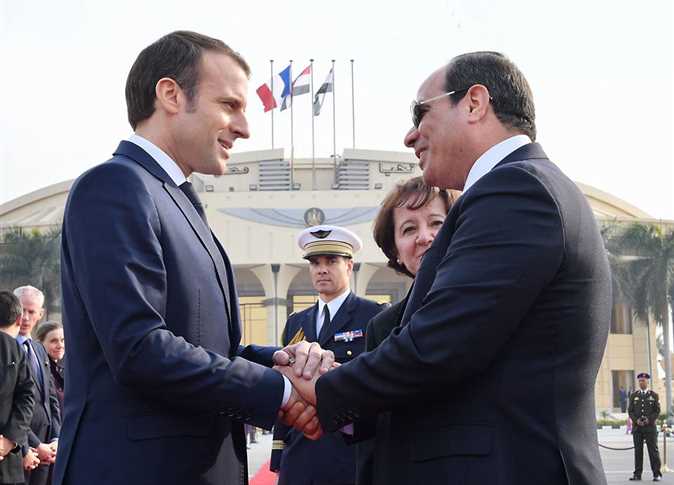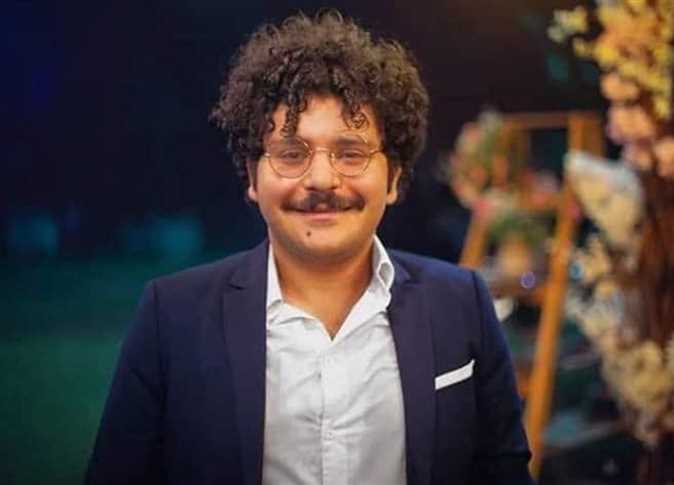Lawyers representing relatives of protesters killed when army soldiers attacked a peaceful protest last October have withdrawn from the trial of three soldiers implicated in the events.
Speaking in joint press conference hosted by the Egyptian Initiative for Personal Rights (EIPR) and the Nadim Center for the Rehabilitation of the Victims of Violence, EIPR executive director Hossam Bahgat described the trial as a "sham whose sole purpose is to clear the army of all blame."
Twenty-eight protesters were killed on 9 October 2011 when army soldiers deployed at the state television building, Maspero, and opened fire on a march organized by the Maspero Youth Union from Shubra.
Autopsy reports found that protesters died from gunshot wounds and crush wounds incurred when two military armed personnel carriers (APC) drove into the protesters at high speed, mowing them down.
Three junior soldiers were charged with manslaughter as a result of “negligence and absence of caution, while they were driving armed forces armored personnel carriers in an arbitrary fashion … leading to their striking the victims.”
After initially announcing on 23 October 2011 that the case would be heard before the civilian judiciary, General Adel al-Morsy, head of the Military Judicial Authority, announced on 20 December that the case would be transferred to a military court.
The trial, which began in December, has been marred by repeated flaws undermining its probity, lawyers say. The military trial began while the civilian investigating judge was still conducting his investigation — an investigation that has been shrouded in secrecy, lawyer Saeed Fayez says — and during which the judge did not have the authority to question military personnel.
Only 15 of the 27 people killed during the events were listed as victims in the case after the fatalities were divided into two groups: those crushed to death by the APCs and those who died as a result of gun wounds. The latter were not included in the case.
Jan Gerges Fikry, a member of the Union of Relatives of Maspero Martyrs, asked sardonically which group his brother Sameh should be included in. An autopsy report obtained by EIPR shows that Sameh Gerges Fikry was crushed, shot, and had his throat cut.
In addition, the "case file, which is no more than thirty pages long, reveals that the military judiciary has not put forward any evidence to support the charges against the three defendants" and has denied lawyers access to the case file.
Vivian Magdy, whose fiancé Michael Mosaad was killed in the events, said during the press conference that "there is no justice in Egypt." Fayez echoed this, saying that the "many problems" experienced by Copts "boil down to an absence of justice."
EIPR, Nadim and other lawyers representing victims' families are calling for an independent inquiry into the Maspero events whose mandate includes questioning of military personnel. They are also demanding that the inquiry examines the role of the media in the case. State media is accused of making inflammatory statements during the events that incited violence against Coptic protesters.




